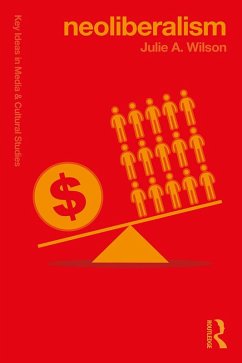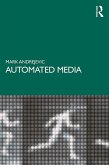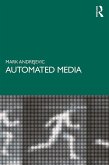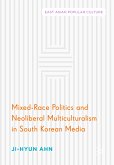Dieser Download kann aus rechtlichen Gründen nur mit Rechnungsadresse in A, B, BG, CY, CZ, D, DK, EW, E, FIN, F, GR, HR, H, IRL, I, LT, L, LR, M, NL, PL, P, R, S, SLO, SK ausgeliefert werden.
"This book is both a brilliant intellectual intervention and a vital teaching resource. Julie Wilson shows how abstract theories of neoliberalism relate to our everyday life experiences, offering us a range of critical tools for understanding neoliberal culture and pointing to how we might construct alternatives." -Jo Littler, City University of London









